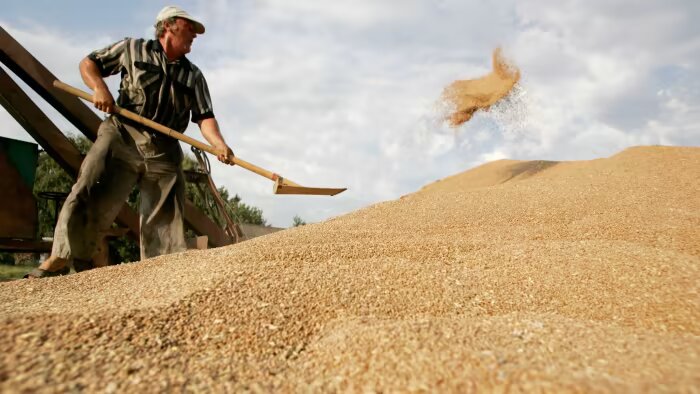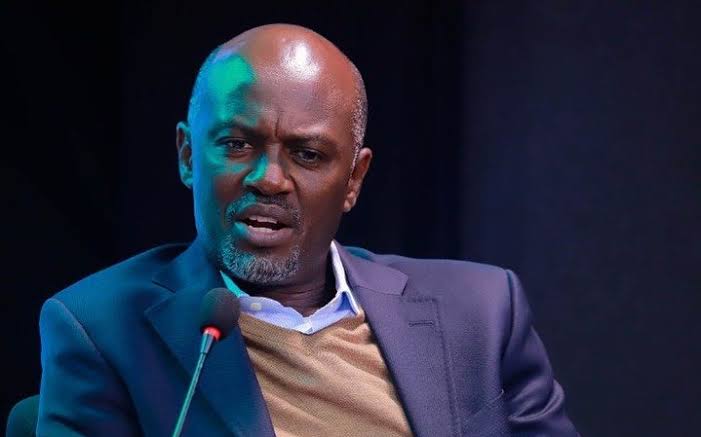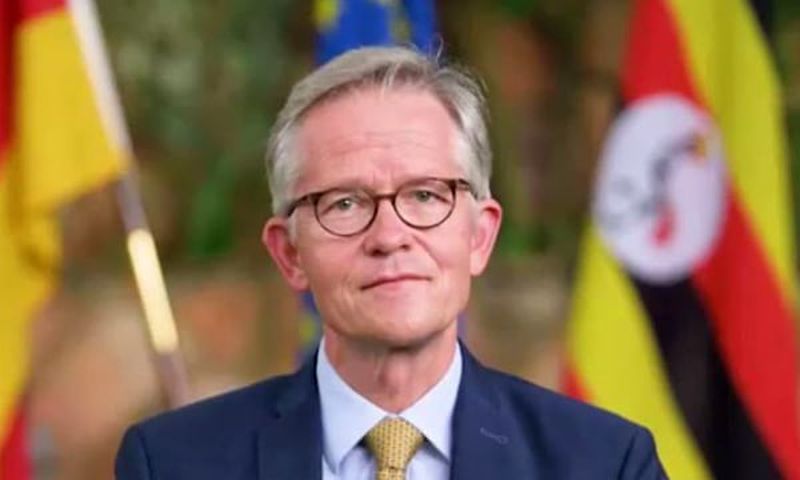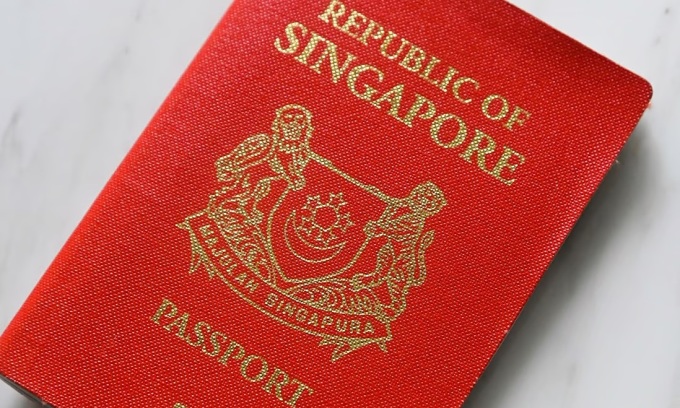Russia resumes grain export deal with Ukraine
On the same day, Ukrainian Foreign Minister Dmytro Kuleba accused Moscow of using a "false pretext" to suspend its participation in the Black Sea grain corridor.

Russia on Wednesday announced its return to the implementation of a grain export deal via the Black Sea, saying Ukraine has promised not to use the humanitarian corridor for military attacks.
Thanks to the participation of the United Nations and the assistance of Türkiye, the joint coordination center for the implementation of the Black Sea Grain Initiative on Tuesday received a written guarantee from Ukraine of not using the shipping route defined in the deal and Ukrainian ports designated for grain export to conduct military operations against Russia, the Russian Defense Ministry said in a statement.
The Ukrainian side officially assured that the maritime humanitarian corridor will be used only in accordance with the provisions of the grain export deal and related regulations of the joint coordination center, it added.
As the Ukrainian guarantee “appears to be sufficient,” the Russian side has decided to resume the implementation of the grain export deal, the ministry said.
Ukrainian Infrastructure Minister Oleksandr Kubrakov on Wednesday welcomed the resumption of the deal.
“The best way to understand the meaning of the Black Sea Grain Initiative for the world is to look at the market reaction after an announcement on stabilization of the initiative. Here is the total falling price on wheat and corn,” Kubrakov tweeted.
On July 22, Russia and Ukraine separately signed a document in Istanbul with Türkiye and the United Nations on grain and fertilizer exports from Ukraine and Russia to ensure supplies to global markets amid the Russia-Ukraine conflict.
On Saturday, Russia announced the decision to immediately and indefinitely suspend its implementation of the Black Sea Grain Initiative, accusing Ukraine of launching drone attacks against the Russian Black Sea Fleet’s ships and infrastructure at the naval base in Sevastopol.
On the same day, Ukrainian Foreign Minister Dmytro Kuleba accused Moscow of using a “false pretext” to suspend its participation in the Black Sea grain corridor.







